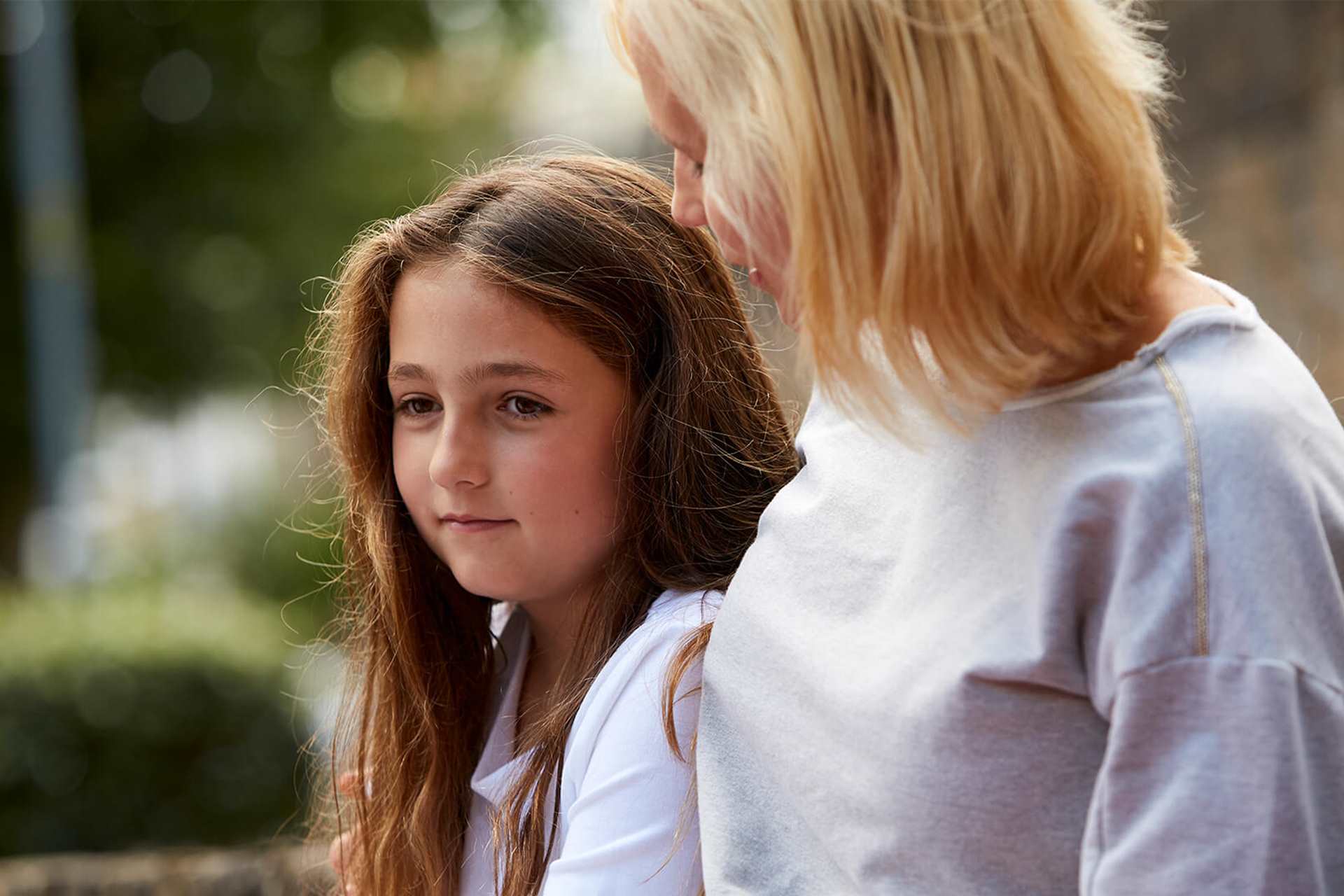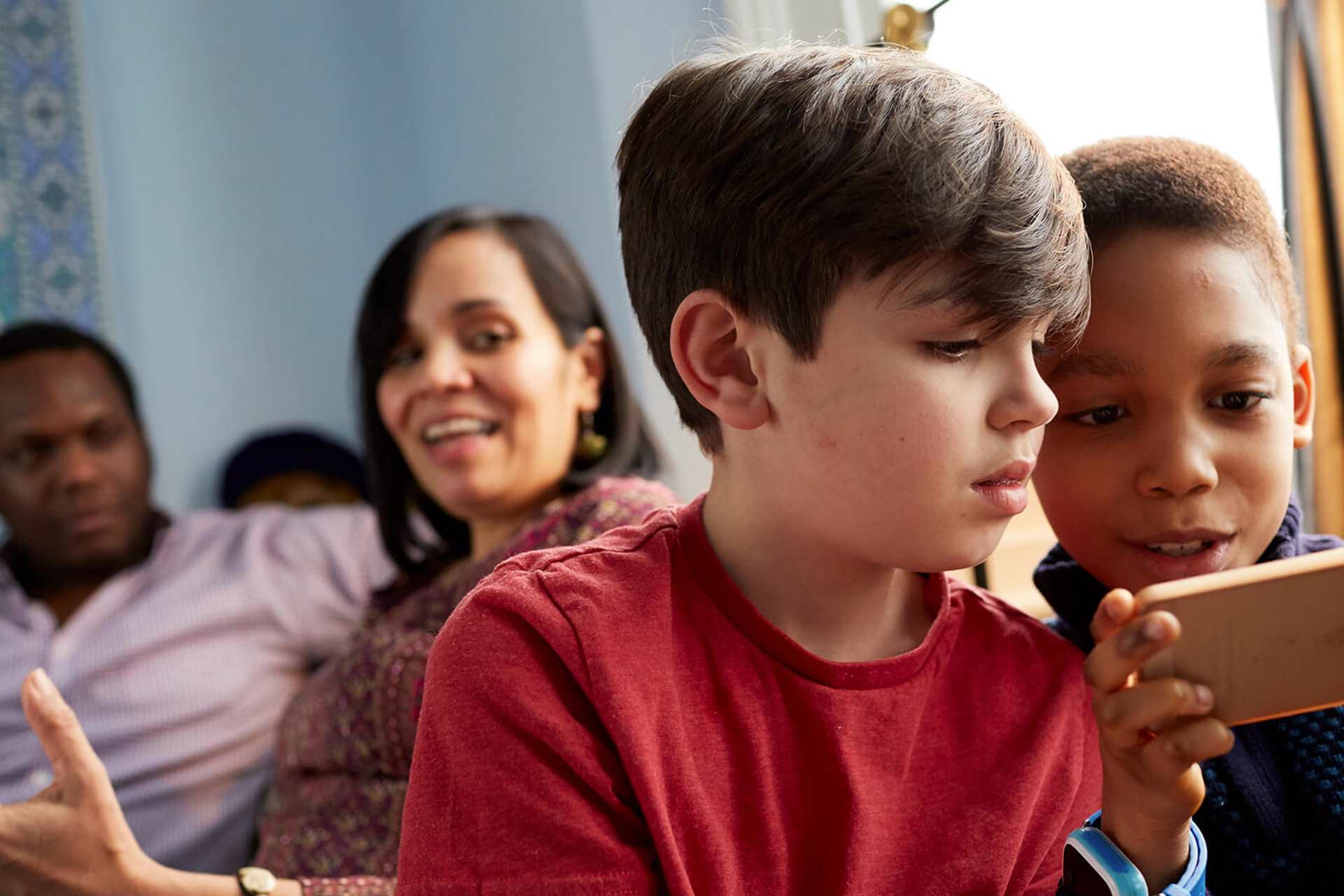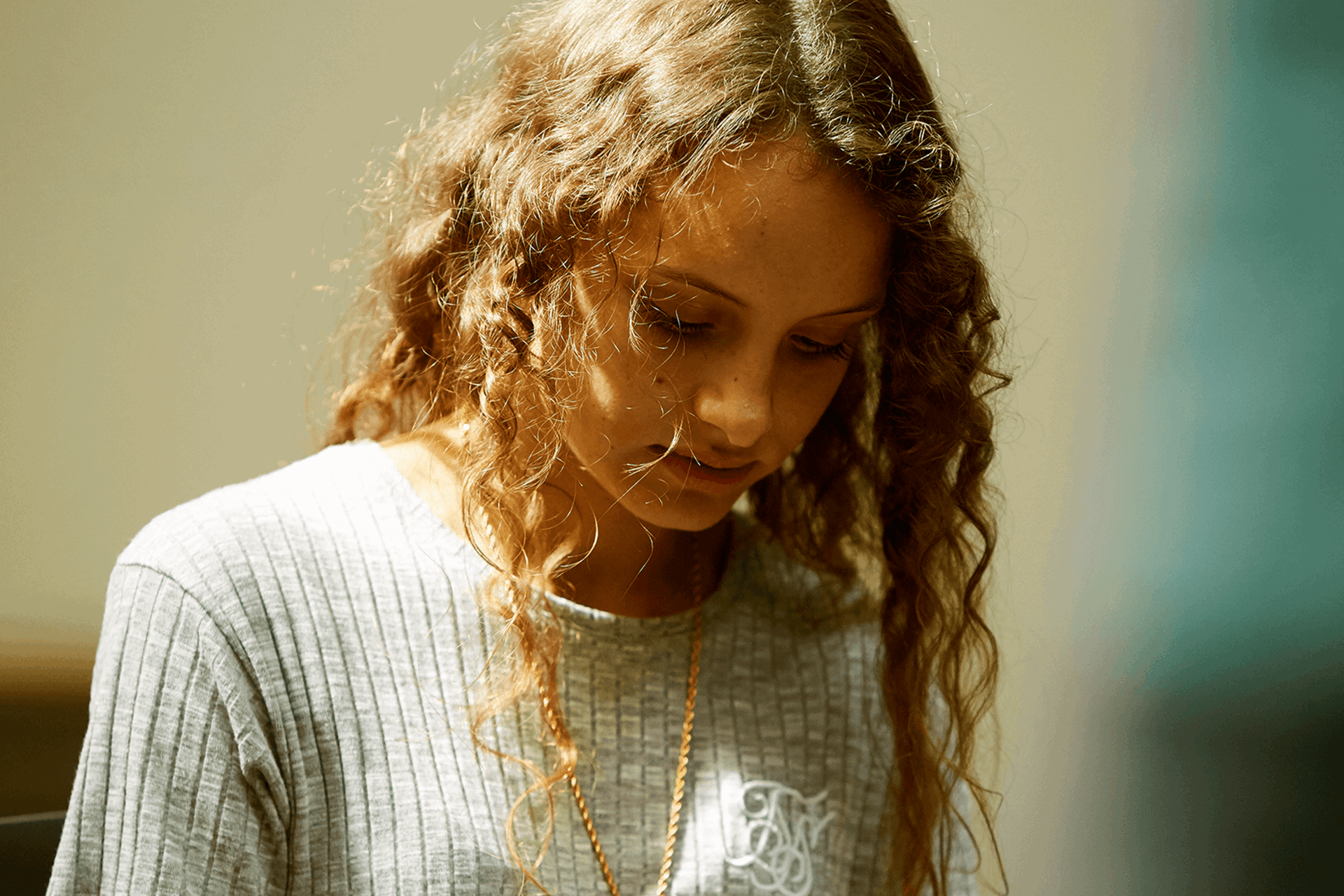About: When our ambassador Sean Fletcher made the BBC Panorama programme ‘Kids in Crisis’, he was struck by how many parents had gone through similar experiences with Child and Adolescent Mental Health Services (CAMHS). Here he continues to share his story of his son’s OCD in the hope that it will help parents in similar situations know they are not alone.
If I was to look back and give myself one piece of advice when Reuben became ill, I’d tell myself everything’s going to be ok. It would prove to be true, but for years it didn’t feel like that. Try to keep a positive frame of mind, and look to a brighter future with your child. Believe me, it’s possible.
Two minutes in, it began. A tsunami of tweets, emails, texts, Facebook and Insta posts. Raw emotion jamming my inbox. A deluge of grief and anger flooding in from across Britain as my Panorama aired. Messages of desperation and disbelief from parents, kids, NHS workers, teachers, friends and colleagues.
In almost 20 years of broadcasting I’ve never received such an overwhelming response to a programme. Not that it surprised me. 'Panorama: Kids in Crisis' wasn’t an easy watch. Neither was it easy to make.
Throughout filming I’d been on edge. Restless, sleepless, my brow furrowed. Investigating Britain’s Child and Adolescent Mental Health Services (CAMHS) for Panorama was the most personal film I’d ever made. It meant having to revisit my teenage son’s own mental health crisis and the enormous strain it placed on us as a family. It was haunting and painful - more so than I’d anticipated. Meeting other parents, whose children are seriously unwell and are being failed by our mental health services was an emotional reminder that while referrals to CAMHS have risen by over a quarter in the last five years, only one in four kids receive the help they need. These aren’t kids who are a bit stressed or mildly anxious. These kids are so unwell that they are often suicidal.
While referrals to CAMHS have risen by over a quarter in the last five years, only one in four kids receive the help they need.
I’m not a clinician, but I am a parent who has been through the hell of watching your child quickly spiral into a troubled place, while they move slowly up the long treatment waiting list. During that time, my wife and I learnt a lot from other parents in similar situations, all of them at different points on the same journey. Some had navigated the treacherous route, others were just beginning, but by talking to mothers and fathers who were in the same boat we realised we weren’t the only ones, and that gave us hope. If you feel alone on that journey too, you may get some comfort from a few things we’ve learnt from our experience.
Mental illness is exposing, and sharing intimate details of my own family’s mental health journey was terrifying. But it’s also incredibly liberating. The best thing you can do is to talk about it. It’s far too big a burden to carry alone. Let go of any shame. It will only drag you down. Accept that it is not your fault. All around you there are families struggling with mental health issues. You are not alone.
The moment we started talking about it, we realised that so many of our friends, family and colleagues had their own mental health stories, kept hidden until we spoke out and they felt compelled to share. I wish they could have spoken out earlier but am glad that they now feel able to. There really is strength in numbers.
Let go of any shame. It will only drag you down. Accept that it is not your fault. All around you there are families struggling with mental health issues. You are not alone.
The main thing my wife and I realised was watching our son, Reuben, struggling with obsessive compulsive disorder (OCD) was the hardest thing we have ever gone through. But in a strange way, accepting the size of the problem helped us tackle it. It gave us perspective and allowed us to plan ahead, rather than struggle to keep our heads above water on a daily basis.
While the mental health gremlins played havoc with our child, they also roped the whole family into arguments and stressful situations. The times we remembered it wasn’t our son causing the family confrontations but the OCD were the times we dealt with the stress better. Remember it’s not your child, it’s the condition they have. With that in mind we found it a little easier to stay calm at the most challenging of times.
The times we remembered it wasn’t our son causing the family confrontations but the OCD were the times we dealt with the stress better.
Reuben is beating his OCD more often than not now, but that’s after a lot of specialist treatment. If your child has OCD and it’s as debilitating as his was, you’ll need the same high level of care for them to get better. The treatment goes hand-in-hand with what you are doing at home though, and one of the best things we did was work out the difference between Reuben’s OCD demands and his genuine needs. We then did everything we could to not play any part in feeding his fears. I’ve heard of families leaving the house through the windows because the OCD was telling their child bad things would happen if the front door was used. It sounds ridiculous, but when you’re in the thick of a long battle with mental illness and you know your child will ‘kick off’ if you don’t do what they say, you find your family making bizarre allowances to avoid disputes. We did it a lot but while we found pandering to the demands gave short-term relief, it was a hinderance to Reuben’s long-term recovery. Ultimately he had to confront his fears.
I knew that I wanted to go public with our mental health experience, but It was my son Reuben, now 15 and in a much better place, who led the charge. A year ago when he was discharged from hospital, having spent seven months as an inpatient on an adolescent psychiatric unit, he vowed to share his story in a bid to make a difference.
While we found pandering to the demands gave short-term relief, it was a hinderance to Reuben’s long-term recovery. Ultimately he had to confront his fears.
If I was to look back and give myself one piece of advice when Reuben became ill, I’d tell myself everything’s going to be ok. It would prove to be true, but for years it didn’t feel like that. Try to keep a positive frame of mind, and look to a brighter future with your child. Believe me, it’s possible.
Whatever you're dealing with, you are not alone. Here are some services that can support you and your child.
-
OCD Action
Offers support and information to anybody affected by obsessive compulsive disorder (OCD).
Website provides information and advice to help you access treatment.
- Opening times:
- 9:30am - 8pm, Monday - Friday
-
Anxiety UK
Provides information, support and advice for anyone struggling with anxiety. Please note that this organisation offers paid-for services, including therapy and an advice line.
- Opening times:
- 10.30am-4.30pm, Monday-Friday
-
Family Line
Provides information and support around family issues, as well as longer-term help through Befrienders and Counsellors.
- Opening times:
- 9am - 9pm, Monday - Friday
Spread the word






